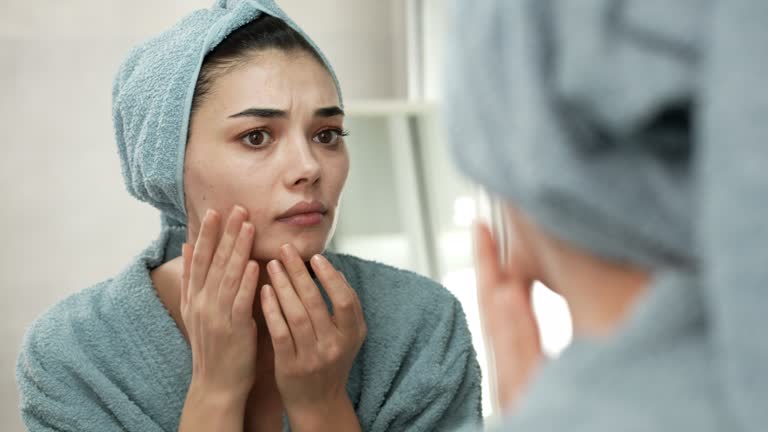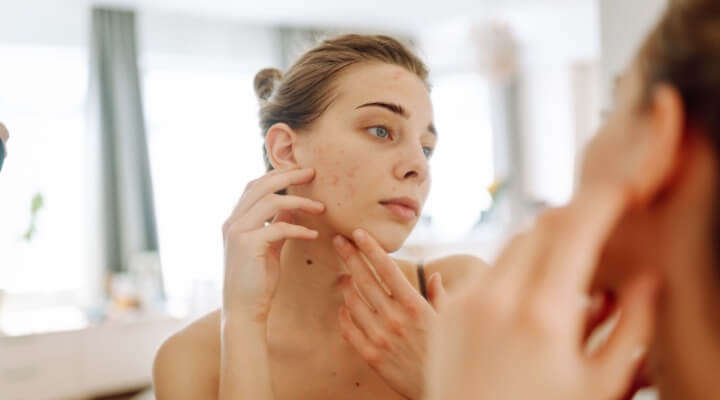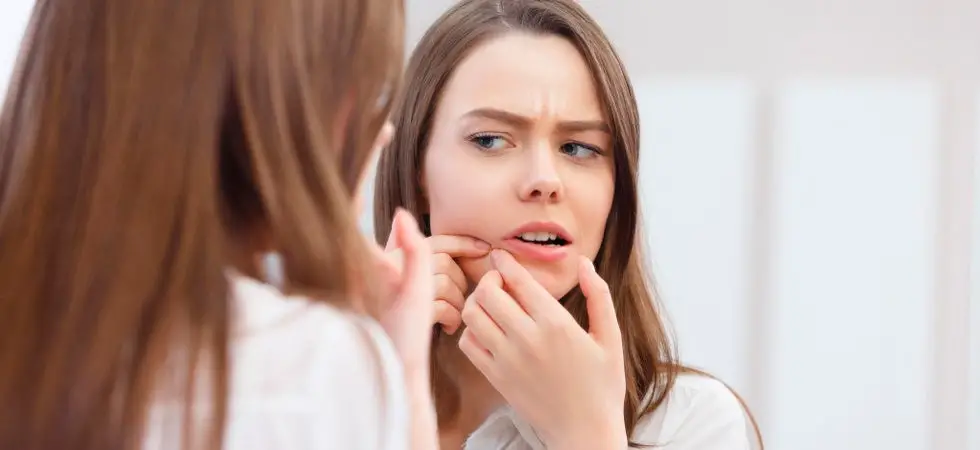Chest Folliculitis Characteristics: Identify and Avoid Skin Flare-Ups
If you've ever encountered itching and irritating rash-like symptoms on the chest, you might be dealing with a condition known as chest folliculitis. As a beauty expert, understanding how to identify and treat this common skin issue can improve client satisfaction and enhance your professional expertise. Let's delve into what chest folliculitis characteristics look like and how beauticians can offer effective care.

What Exactly is Chest Folliculitis?
Chest folliculitis occurs when hair follicles on the chest become inflamed. This inflammation is usually due to bacterial infection, largely caused by Staphylococcus aureus, but can also be triggered by fungal infections or irritation from shaving and tight clothing. Recognizing the symptoms early on is critical for preventing further irritation or potential scarring.
Identifying Key Characteristics of Chest Folliculitis
The symptoms are typically easy to recognize, forming as a red, inflamed patch of skin dotted with small, pus-filled blisters. These folliculitis characteristics are often itchy and can become painful if left untreated. Understanding these signs helps beauticians make informed decisions regarding the most suitable care protocols to advise their clients.
Common Causes of Chest Folliculitis
It's essential to understand what triggers folliculitis to provide the best recommendations for your clients. Some frequent causes include:
- Bacterial Infection: The most common cause of chest folliculitis involves bacteria entering hair follicles.
- Irritation from Tight Clothing: Friction from exercise clothes can exacerbate the condition.
- Improper Shaving Techniques: Shaving too closely or without proper lubrication often leads to follicle irritation.
- Fungal Infection: This tends to occur more often in humid climates or during summer months.
Managing Chest Folliculitis as a Beautician
Once your client has been diagnosed with chest folliculitis, several care options can help relieve discomfort and treat the infection.
Providing Proper Skin Care Guidance
Educate your clients on skin hygiene practices. Advising gentle cleansing and adequate moisturization can help soothe the irritated skin, while antibacterial cleansers or topical treatments may reduce bacterial growth. It might be beneficial to recommend using natural oils, like batana oil, known for their anti-inflammatory and soothing properties.
Choosing the Right Clothing
Instruct your clients to avoid tight clothing that could exacerbate irritation. Loose-fitting clothes made of breathable fabric can prevent the friction that often leads to folliculitis flare-ups.
Enhancing Treatment with Exfoliation
Gentle exfoliation can slough off dead skin cells, which in turn, might help open up clogged follicles. However, emphasize the importance of using gentle techniques and products to avoid further irritation. Resources like the article on acne routines could offer additional advice on maintaining clear skin.
Preventing Future Flare-Ups
After successful treatment, preventing future outbreaks becomes a priority. Encouraging consistent hygiene practices, wearing breathable fabrics, and recognizing early signs of inflammation can be crucial strategies.
Consulting with Dermatologists
While beauticians provide invaluable skin care, certain cases of folliculitis may require a dermatologist's expertise. Consulting a dermatologist can help diagnose or confirm the condition and management best practices for chronic or severe cases.

Faq
What is the quickest way to identify chest folliculitis?
The quickest signs include red, inflamed patches with small, pus-filled blisters on the chest area.
Are there natural remedies for chest folliculitis?
Yes, applying naturally soothing oils can reduce inflammation. Always ensure cleanliness to avoid bacterial growth.
How can beauticians help in managing folliculitis?
Beauticians can guide clients in proper skin hygiene, clothing choices, and recommend gentle treatments to alleviate symptoms.

